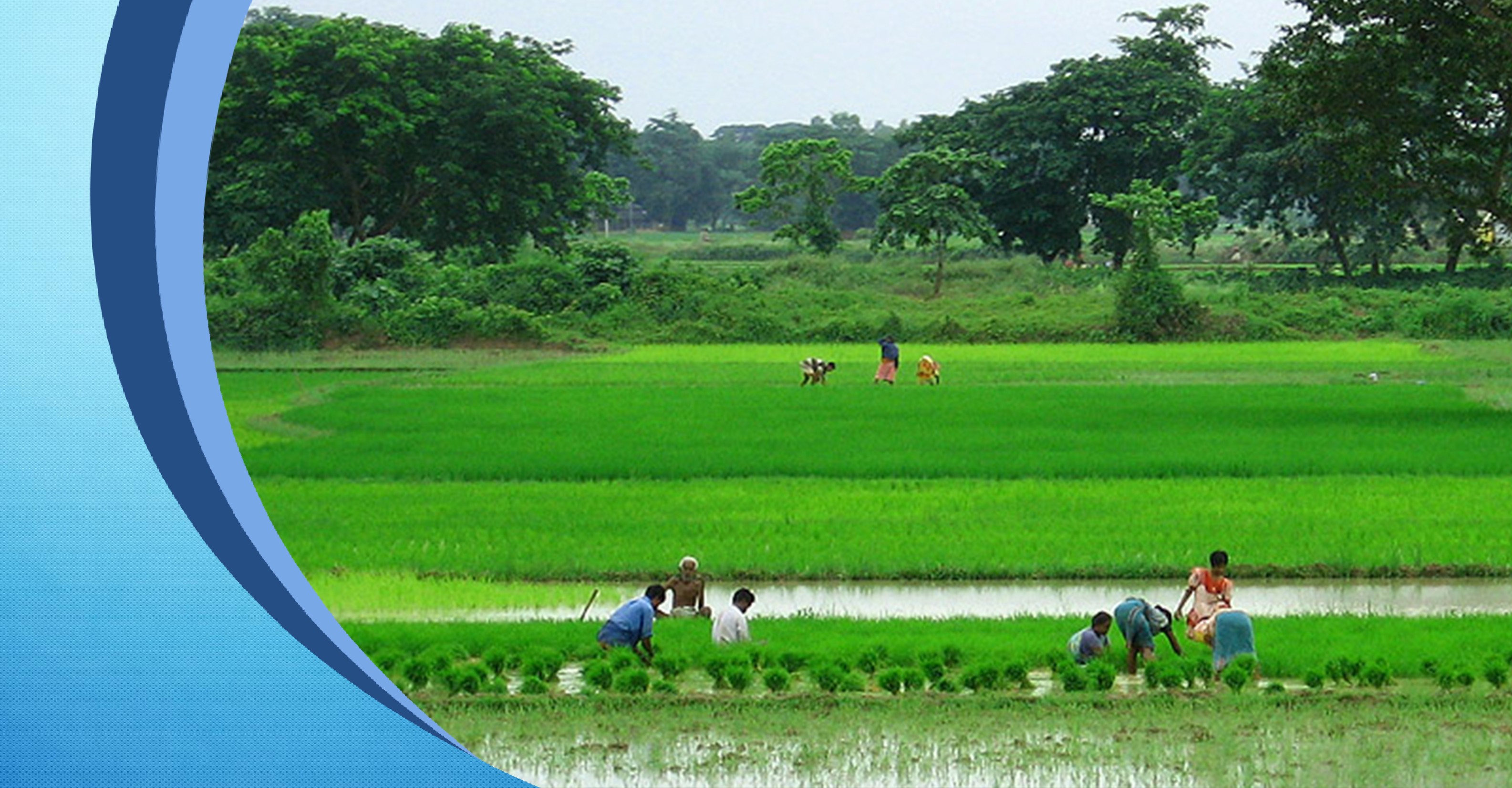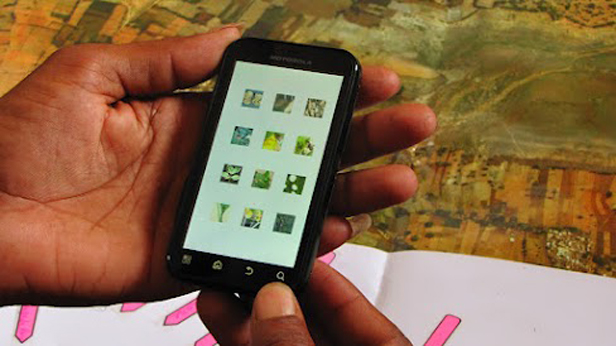Bangla is a largely agricultural economy with 96 per cent of the 7.23 lakh farm families being marginal and small farmers (average size of land holdings being only 0.77 hectare). As an economy that is as heavily dependent on and replenished by agriculture, the current State Government has not only identified its palpable potential but has striven to resurrect it from the destruction left by the preceding governments.
Championing the cause of the farmer and having risen on the manifesto that promised to continue this fight for the rights of the farmers, Trinamool Congress leader and Chief Minister of Bangla, Mamata Banerjee and her Government have introduced a host of reforms, policies and schemes that have been successful in infusing a steady rigour into the agricultural market as well as in all other aspects of the sector.
The expenditure in agriculture and agri-allied sectors has been increased more than six times over the past six fiscal years, from Rs 3,029 crore in 2010-11 to Rs 18,326 crore in 2016-17.
In its 2017 Annual Budget, the Government, recognising the devastating effect of demonetisation on the agriculture sector, allocated Rs 100 crore to a special assistance fund to mitigate the sufferings of affected farmers.
Agricultural income has also, subsequently, increased remarkably. This is depicted best in the increase in farmers’ annual household income from Rs 91,000 in FY 2010-11 to Rs 2.9 lakh in FY 2015-16.
The latter has been achieved by the creation of a robust series of schemes that include:
1. Bengal Fasal Bima Yojana: This is a one-of-its-kind scheme that secures poor farmers from crop losses due to natural calamities. The coverage under this has reached up to 31 lakh farmers, providing security to them in times of crop failure, leading to a more conducive atmosphere for farmers to both invest and function.
2. Public-private partnerships involving the Farmers’ Producers’ Organisations (FPO) and NGOs.
3. Matir Katha: An ICT based agri-extension portal which provides a dynamic platform to disseminate crop solution to farmers at the farm-gate level.
The Agriculture Department of Bangla, working with related departments, has introduced initiatives that address both social and economic challenges. These include:
1. Augmenting of irrigation facilities through water conservation and watershed management;
2. Betterment of marginalised farmers belonging to SC and ST communities and other backward classes;
3. Empowerment of women in agriculture.
Under the ‘Universalisation of Soil Health Card for Farmers’ programme (started in 2015-16 for sustainable management of soil health through soil analysis and issuing Soil Health Cards (SHC) along with advisories to farmers), 53.46 lakh SHCs were distributed till the end of 2017.
The Soil Conservation Wing of the Agriculture Department has undertaken land development and creation of irrigation potential in more than 45,000 hectares.
The agriculture sector in India is largely plagued with problems related to market linkage. In this area, the Bangla Government has been a major advocate of building long-term infrastructure that link producers to markets and can be sold at competitive prices by including a number of competent parties. The State Government has adopted the following measures:
1. Through infrastructure and support building schemes like Amar Fasal Amar Gola for storage and Amar Fasal Amar Gari for transportation, the Government’s aims are meeting their rightful ends.
2. 186 Krishak Bazars (block-level primary markets with physical infrastructure for transactions, storage and packaging of agricultural produce) have been opened, and they are being operationalised for increasing accessibility and connectivity.
In 2017, the Trinamool Congress Government amended the Agriculture Produce Marketing Act to allow the entry of major private players in the trade through a single licence for all markets in order to secure more competitive prices for commodities produced by farmers.
Mamata Banerjee has been relentless in her fight for the rights of farmers. It is not without reason that Bangla has won the Krishi Karman Award five years in a row since 2011.
Through Government sponsored programmes like Mati Utsab and a series of empowering socio-economic schemes, the Trinamool Congress Government has pulled out the agriculture sector of Bangla from its inertia.




